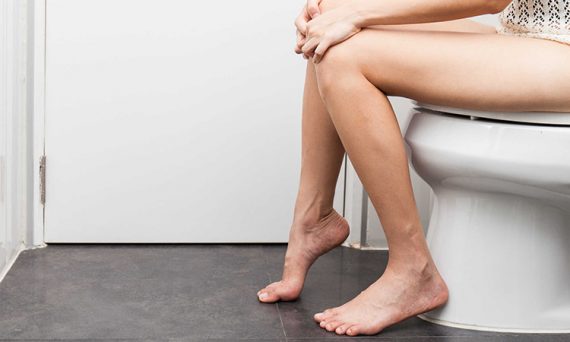
Anal leakage, sometimes called bowel leakage or fecal incontinence, is usually the involuntary loss of control of bodily movements caused by the involuntary contractions of pelvic muscles. There are two types of fecal incontinence: active and passive. Passive incontinence is usually a result of muscle spasms in the rectum and anus.
Loss of control of the anus is the result of incomplete bowel movements. When a person is not in control of bowel movement, feces can enter the anal canal. This can cause problems for the person when they sit down to make their life easier. They may feel uncomfortable sitting, which can be embarrassing for both the person and those around them.
When there is an obstruction, stool will seep into the anus, creating an uncomfortable condition known as prolapse or strangulation. People with this type of urinary incontinence can often feel embarrassed about their fluid leaks. To avoid this embarrassment, people with this problem should learn to take a more proactive approach to their incontinence and try to track changes in bowel movements as they do so. If they notice that their stools are thinning or that there is no longer enough stool to move, they should seek medical attention as soon as possible. The doctor can do a colonoscopy and rule out any serious or life-threatening condition.
Fecal incontinence can result from a number of reasons, including aging, stress, obesity, medication, pregnancy, and a low fiber diet. Other causes of prolapse may include a ruptured bladder or colon. In many cases, a person only suffers during a bowel movement or during pregnancy, but in some cases, a person may regularly experience urinary incontinence without it.
The symptoms associated with fecal incontinence include bleeding after a bowel movement, itching, soreness, or pain in the anal area. If a person is experiencing these symptoms, it is important to see a doctor for a proper diagnosis and to rule out any medical conditions that could be causing this.
To treat fecal incontinence, doctors usually recommend the use of lubricants that have a numbing and soothing effect on the affected area. These numbing agents such as mentholated creams or petroleum jelly that can help to reduce the discomfort felt by the person during bowel movements and to prevent any further damage to the anal area.
Another option for controlling fecal incontinence is a low dose of Lidocaine or butoconazole cream that is usually inserted directly under the tongue to reduce the amount of pressure exerted on the anal area. The butoconazole or lidocaine is absorbed directly into the tissue by the blood vessels in the anal area where it prevents or controls the contraction of the muscles.
Since anal incontinence can be treated successfully, there are a number of products on the market that can be used to help the person to improve the flow and/or the flow of stool in order to avoid the development of further damage to the tissues in the anal area. Many of these products come in the form of pads, belts, and inserts that can be worn while the person is at home. Other products are available in a pharmacy and can be applied directly to the anal area to help the body deal with the pressure.
One of the more common types of incontrolant medications that are available on the market today include Bophorn Suppositories which are designed to break down fecal matter so that it can be expelled from the anal area. It is important to note that even though Bophorn suppositories can be used to help alleviate the discomfort of anal leakage, they are not meant to provide a cure for this condition; they are only an additional method of relief.
There are also a variety of medical treatment options available that can help control this condition. These options involve inserting a device that is designed to allow for the person to maintain the proper pressure on the anal area so that the muscles can relax. and allow the person to expel waste from the anus. Some of these devices are made of metal and plastic and can be placed inside the rectum.
If you are suffering from this condition, do not wait to seek medical attention. If you wait too long, your condition can get worse and you could find yourself unable to continue with your day to day activities.